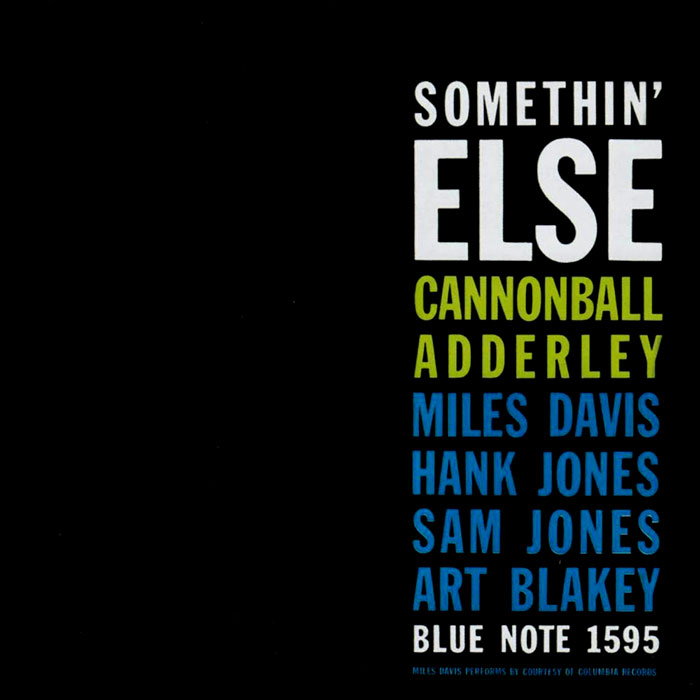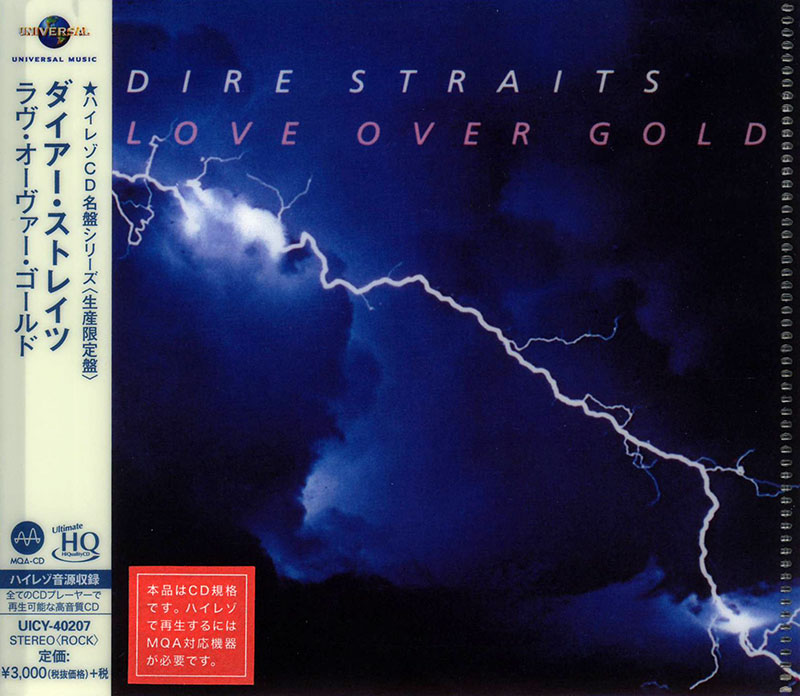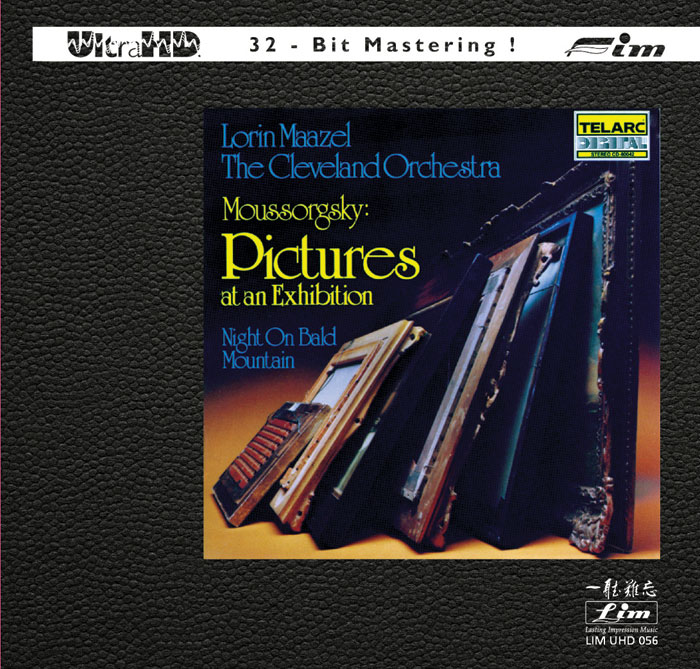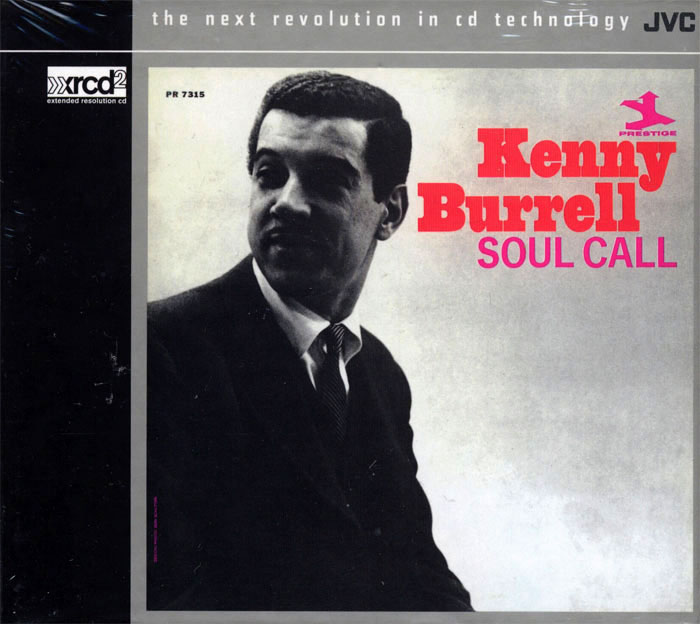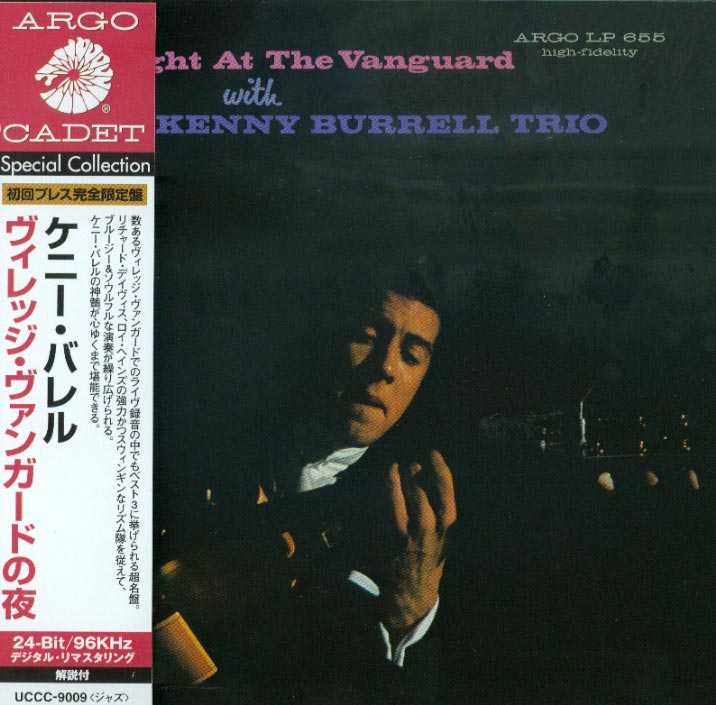Logowanie
OSTATNI taki wybór na świecie
Nancy Wilson, Peggy Lee, Bobby Darin, Julie London, Dinah Washington, Ella Fitzgerald, Lou Rawls
Diamond Voices of the Fifties - vol. 2
Tylko 1000 egzemplarzy!!!
DVORAK, BEETHOVEN, Boris Koutzen, Royal Classic Symphonica
Symfonie nr. 9 / Wellingtons Sieg Op.91
nowa seria: Nature and Music - nagranie w pełni analogowe
Petra Rosa, Eddie C.
Celebrating the art and spirit of music - vol. 3 - Pure
warm sophisticated voice...
Peggy Lee, Doris Day, Julie London, Dinah Shore, Dakota Station
Diamond Voices of the fifthies
Tylko 1000 egzemplarzy!!!
SAMPLER - STS DIGITAL, Buddy Tate, Milt Buckner, Walace Bishop
Jazz Masters - Legendary Jazz Recordings - v. 1
proszę pokazać mi drugą taką płytę na świecie!
Chesky! Niezmiennie perfekcyjny
Winylowy niezbędnik
ClearAudio
Double Matrix Professional - Sonic
najbardziej inteligentna i skuteczna pralka do płyt winylowych wszelkiego typu - całkowicie automatyczna
Julian 'Cannonball' Adderley, Miles Davis, Hank Jones, Sam Jones, Art Blakey
Somethin' Else
- Julian 'Cannonball' Adderley - saxophone
- Miles Davis - trumpet
- Hank Jones - piano
- Sam Jones - double bass
- Art Blakey - drums
Fundamentalna dla każdej jazzowej kolekcji
Historia wytwórni płytowej Blue Note rozpoczęła się paradoksalnie w Niemczech, gdzie zabroniono „zdegenerowanej muzyki” zwanej jazzem. Alfred Lion, wielki berliński fan jazzu, wyemigrował w 1938 roku do Ameryki i tam oczarowały go koncerty boogie-woogie w Carnegie Hall. W styczniu 1939 roku dokonał pierwszego nagrania dla nowej wytworni Blue Note, która stała się rychło lokomotywą wielkich pionierów jazzu: saksofonisty Sydney’a Becheta, stylu be-bop (pierwsze nagrania pianisty Theleniusa Monka), Bud Powella, Clifforda Bowna, Milesa Davisa, czy Sonny Rollinsa. W latach 1955-1970 Blue Note lansowała wszystkie style i wielkie sławy jazzu nowoczesnego:
– hard-bop i funky-jazz: Jazz Messengers, Art Blakey, Herbie Hancock, Wayne Shorter, Milt Jackson, Freddie Hubbard;
– free jazz: Omette Coleman;
– jazz-rock: Tony Willliams.
W połowie lat osiemdziesiątych Blue Note wyspecjalizowała się w promocji nowych gwiazd jazzu wśród których widnieją nazwiska takich muzyków jak Johna Scofielda, Michela Petruccianiego, Wyntona Marsalisa oraz wokalistów Bobby McFerrina, Al Greena, Dianne Reeves, Cassandry Wilson i ostatnio nowej supergwiazdy Nory Jones! (...)
Dariusz DŁUGOSZ
https://www.recogito.pologne.net/recogito_28/obserwatorium3_1.htm
----------------------
When Cannonball Adderley scheduled the 1958 recording of what was to be his only Blue Note LP, he called on his old employer from their days as quintet members on Columbia, Miles Davis. The reunion resulted in one of the greatest and most revered Jazz LPs ever: "Somethin' Else." The quintet delivers beautiful strong renditions of Autumn Leaves, Love For Sale, One For Daddy-O, Dancing In The Dark, and the title tune. Cut from the original first generation analog masters, it sizzles.
Now Available in STEREO.
It is my pleasure to review for you, the Enjoy the Music.com Review Magazine readership, this perennial favorite jazz recording of mine -- Cannonball Adderley’s “Somethin’ Else”. For reasons I‘ll disclose later in this write-up (read on), I plan to keep this review short and sweet.
Besides Miles Davis’ “Kind of Blue” (KOB), this recording is in my personal list -- as surely in countless others' lists -- of top five or ten greatest jazz albums of all time. Is it a coincidence then that Miles is part of this seminal recording too? Probably not. I’m not going to get into the “hows” or “whys” this recording is considered by so many jazz enthusiasts and music lovers to be one of the very finest expositions of this musical genre. Listen for yourself and be the judge. With Sam Jones on bass, Hank Jones on piano, Art Blakey on drums, Cannonball Adderley on alto sax, and Miles on trumpet....HELLOOO??? Need I say more?
The recording...
Classic Records just released this 180gm vinyl LP reissue this past June. (God knows I’d been waiting for a long time for the premium vinyl reissue of this beloved classic). Would it hold its own against the revered Blue Note original LP? Read on.
For comparison’s sake, I summoned an original mono Blue Note (thanks Ted!), the recent Blue Note 180gm reissue, the latest Rudy Van Gelder (RVG) Edition 20-bit CD & the MFSL Gold Ultradisc II (both CDs which I own). The shootout is on....yeeehaaa!
BUT....WAIT A MINUTE!!! Remember what I said about keeping this review short and sweet??? OK, this is what happened...
This music is way too cool to pick it apart dudes! Every time I tried to take careful notes, I started to tap my feet and snap my fingers uncontrollably! To be honest with you, I’d still listen to this great music even if it were only available on high grade Toys’R’Us cassette, you know what I mean? Is the Classic reissue then worth the money? Heck yeah!!! It swings like you wouldn’t believe! It’s way better than than the RVG CD, better than the 180gm Blue Note (though not by tons), better in most ways than the MFSL Ultradisc (which probably has the fullest/tightest bass), and surprisingly enough, better in most ways than the original mono Blue Note. BTW, the RVG CD is also mono. Only the Classic LP, MoFi gold disc & the Blue Note LP are stereo.
Yeah, purists will chime in and say the original's mono presentation IS IT. Whatever. The monos sound very nice presentation-wise. In some ways a bit more coherent I suppose. I have nothing against mono! I’m just not willing to pay crazy prices to acquire a mint original (as if they exist anymore-truly mint that is!) mono or not. I personally found the original mono Blue Note lacking in bass, dynamics and detail big time compared to the Classic. Not to mention that the Classic has flawless and quiet surfaces. The all important midband on the Classic reissue must be heard to be believed! I don’t think Miles sounded better (well, except in Classics’ KOB).
Bottom line? All you need to know is that if you love great jazz and you are a vinylholic...you must own this reissue! Period.
Enjoyment: 95
Sound Quality: 85
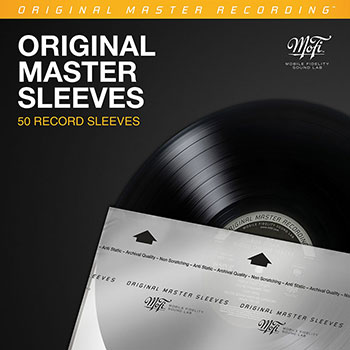 >>> Płyty winylowe należy przechowywać WYŁĄCZNIE w NAJLEPSZYCH NA ŚWIECIE koszulkach produkcji legendarnej wytwórni MOBILE FIDELITY.
100% gwarancji na pozbycie się trzasków będących w istocie w 90% efektem ładunków elektrostatycznych a nie uszkodzeń mechanicznych płyty! <<<
>>> Płyty winylowe należy przechowywać WYŁĄCZNIE w NAJLEPSZYCH NA ŚWIECIE koszulkach produkcji legendarnej wytwórni MOBILE FIDELITY.
100% gwarancji na pozbycie się trzasków będących w istocie w 90% efektem ładunków elektrostatycznych a nie uszkodzeń mechanicznych płyty! <<<
 >>> Ten zestaw to podstawa każdego toru winylowego! <<<
>>> Ten zestaw to podstawa każdego toru winylowego! <<<





























